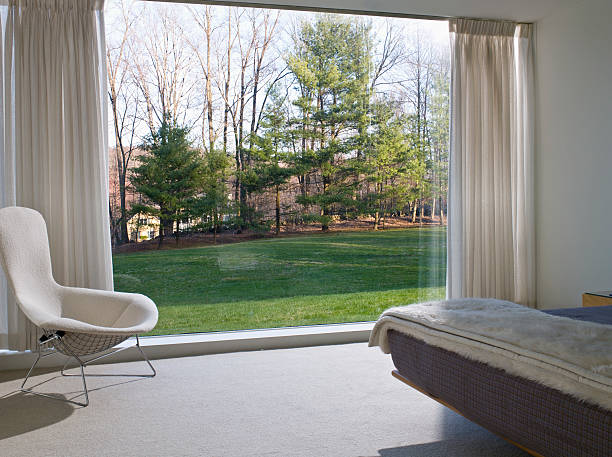Selecting the proper heating, ventilation, and air conditioning (HVAC) system is one of the most important decisions for maintaining comfort, energy efficiency, and indoor air quality in your home. The right system balances performance, cost, and environmental impact while meeting the specific needs of your household. Several factors must be considered to ensure optimal functionality and long-term satisfaction.
Climate plays a pivotal role in determining the most suitable HVAC system. Homes in regions with extreme temperatures require robust heating and cooling solutions, such as furnaces paired with central air conditioning or heat pumps designed for colder climates. In milder areas, ductless mini-split systems or high-efficiency heat pumps may provide sufficient year-round comfort without the need for separate heating and cooling units. Humidity control is another critical consideration, particularly in coastal or tropical environments where excess moisture can lead to mold growth and discomfort. Systems with variable-speed compressors and dehumidification capabilities help maintain ideal indoor conditions regardless of outdoor weather fluctuations. Home size and layout significantly influence HVAC requirements. Larger homes often benefit from zoned systems that allow different areas to be heated or cooled independently, improving efficiency and personalized comfort. Older homes with limited ductwork may require ductless solutions or updated ventilation to ensure even air distribution. Proper load calculations, performed by a qualified HVAC technician, prevent undersized or oversized systems—both of which can lead to uneven temperatures, excessive energy consumption, and premature wear. Energy efficiency is a key factor in reducing utility bills and environmental impact. Look for systems with high Seasonal Energy Efficiency Ratio (SEER) ratings for cooling and Annual Fuel Utilization Efficiency (AFUE) ratings for heating. ENERGY STAR-certified models meet strict efficiency guidelines, offering long-term savings despite potentially higher upfront costs. Modern smart thermostats further enhance efficiency by learning household patterns and adjusting temperatures automatically, while geothermal systems provide renewable heating and cooling by leveraging stable ground temperatures. Indoor air quality should not be overlooked when selecting an HVAC system. Advanced filtration options, such as HEPA filters or UV light purifiers, remove allergens, bacteria, and pollutants from the air, benefiting households with asthma or allergies. Ventilation systems with heat recovery (HRV) or energy recovery (ERV) exchangers ensure fresh air circulation without sacrificing temperature control, particularly in tightly sealed, energy-efficient homes. Budget constraints and installation costs also guide the decision-making process. While high-efficiency systems may have greater initial expenses, their operational savings often justify the investment over time. Regular maintenance, including filter changes and professional inspections, extends system lifespan and preserves efficiency. Ultimately, the right HVAC system aligns with your home’s structural needs, local climate, and personal comfort preferences. Consulting with HVAC professionals ensures proper sizing, installation, and ongoing care, transforming your home into a haven of consistent comfort and clean air. By prioritizing efficiency, adaptability, and air quality, homeowners can enjoy a system that performs reliably for years to come.



